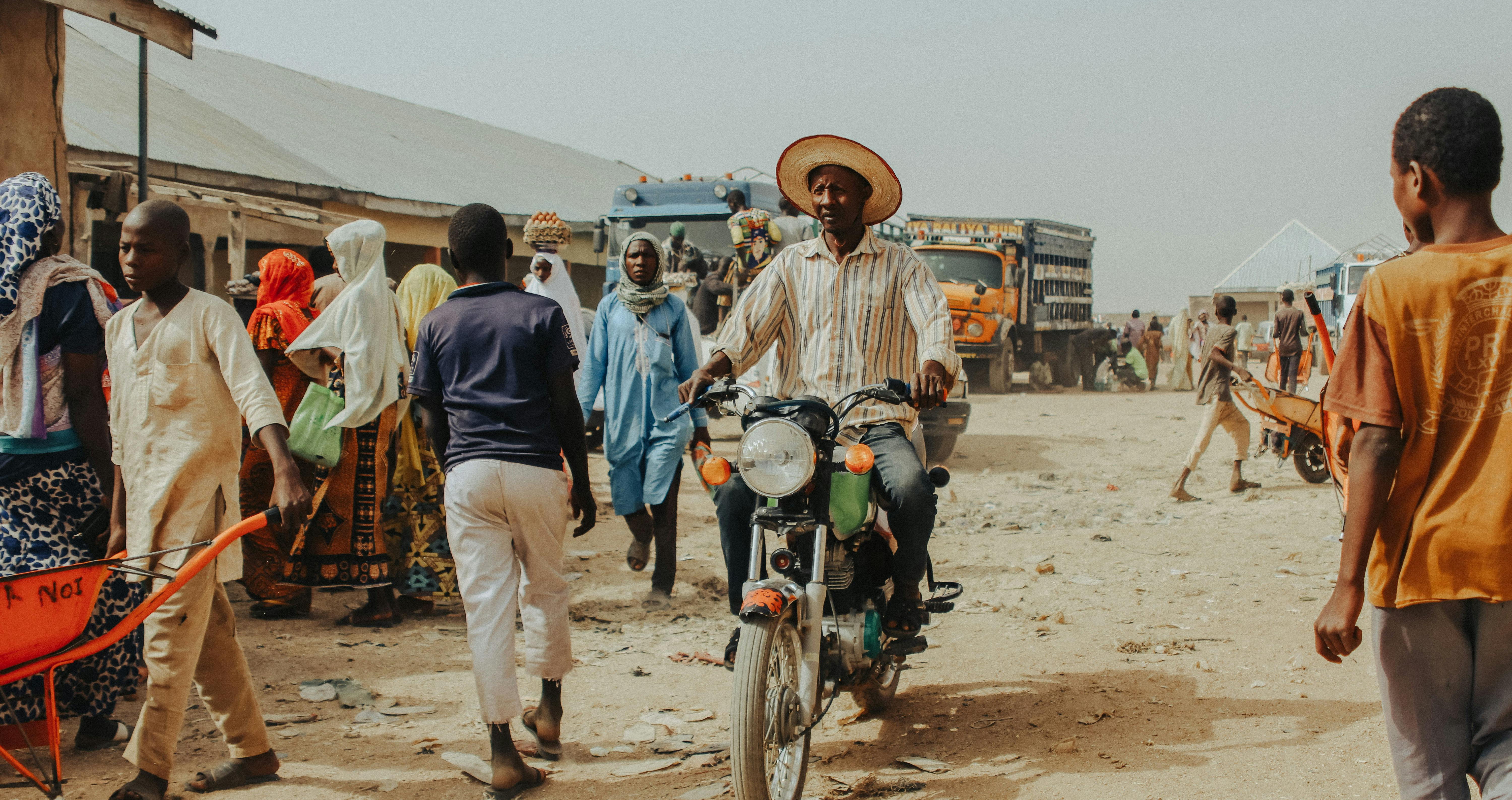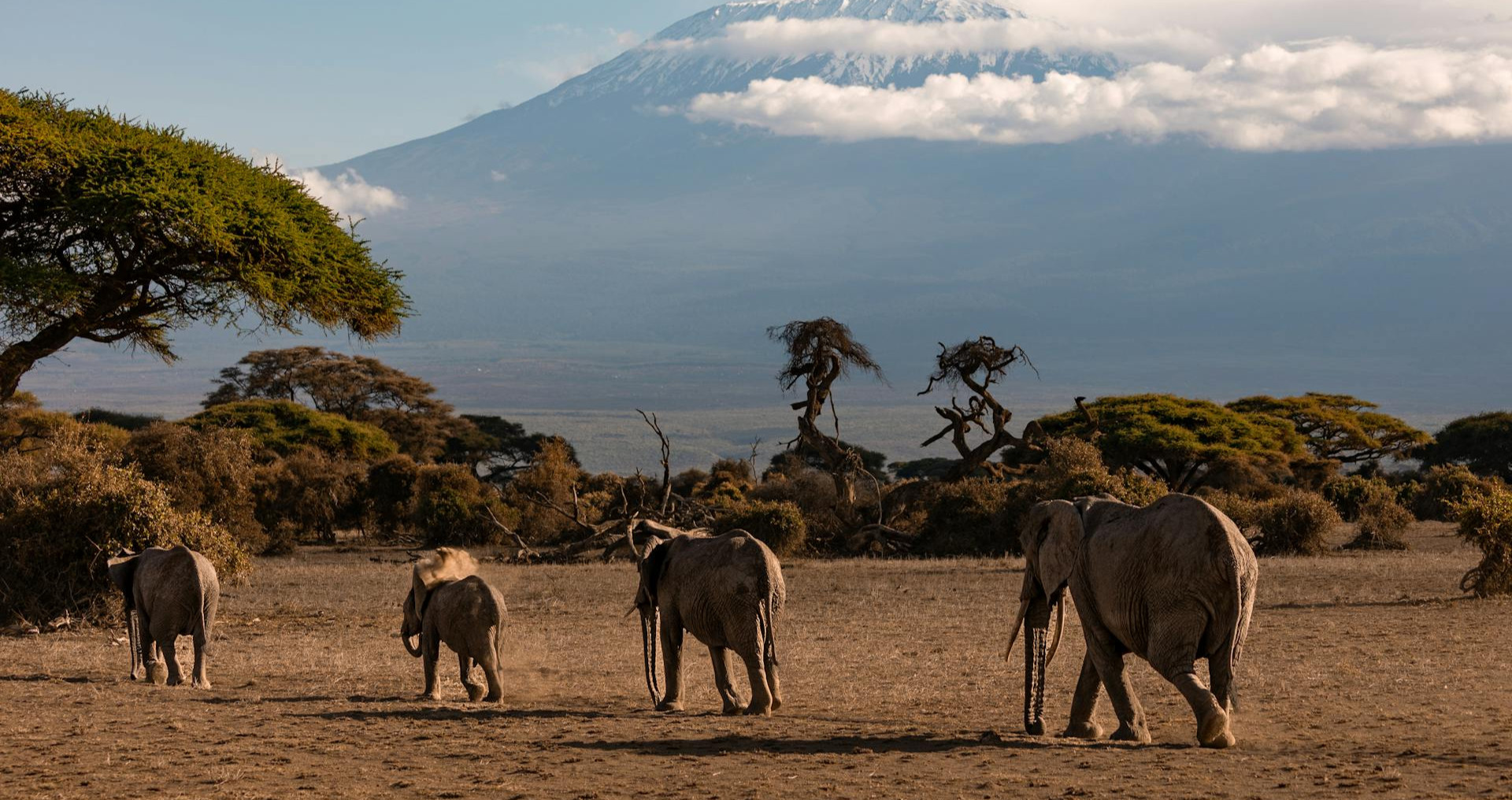
Essential Travel Tips for First-Time Visitors to Africa
Africa is a vast and diverse continent, brimming with breathtaking landscapes, vibrant cultures, and incredible wildlife. For first-time travelers, the idea of visiting Africa can be both thrilling and overwhelming. With 54 countries, each offering a unique experience, preparation is key to ensuring a smooth and enjoyable journey. Whether you’re planning a safari in Kenya, exploring the bustling streets of Lagos, or marveling at the pyramids of Egypt, these essential travel tips will help you make the most of your African adventure.
1. Do Your Research and Plan Accordingly
Africa is not a monolith—it consists of different regions, climates, and cultures. Research your destination thoroughly to understand its history, customs, and attractions. For instance, South Africa offers a blend of modern cities and stunning nature reserves, while Morocco boasts rich traditions and vibrant markets. Websites like Lonely Planet provide valuable insights into various destinations.
2. Get the Necessary Vaccinations and Health Precautions
Health preparation is crucial when traveling to Africa. Many countries require vaccinations against yellow fever, and malaria prevention is a must in regions with high mosquito activity. Consult your doctor at least six weeks before departure for recommended vaccines such as Hepatitis A, Typhoid, and Tetanus. Additionally, pack mosquito repellent and always drink bottled or filtered water to avoid stomach issues.
3. Sort Out Your Visa and Travel Documents
Visa requirements vary by country, so check the official government websites or consult your local embassy. Some countries, like Kenya and Tanzania, offer e-visas, while others require visas upon arrival. Also, ensure your passport has at least six months of validity beyond your travel dates.
4. Pack Smart and Dress Appropriately
Packing for Africa depends on your itinerary. Lightweight, breathable clothing is ideal for warm climates, while layers are necessary for cooler areas like the Atlas Mountains or South Africa’s Cape Town in winter. If you’re going on safari, neutral colors help you blend into the environment. Don’t forget essentials like a good pair of walking shoes, a hat, sunglasses, and sunscreen.
5. Embrace Local Customs and Etiquette
Cultural norms differ across Africa, so be respectful and open-minded. In North Africa, modest dress is encouraged, particularly for women. In East Africa, a handshake is a common greeting, while in West Africa, greetings are often longer and more personal. Learning a few local phrases, like “Jambo” (hello in Swahili) or “Merci” (thank you in French-speaking countries), can go a long way in fostering connections.
6. Be Cautious with Money and Avoid Scams
Many African countries rely heavily on cash transactions, so carry local currency, especially when visiting remote areas. ATMs are available in cities, but notify your bank of your travel plans to avoid card blocks. Be wary of common scams, such as overcharging taxis or misleading tour guides. When exchanging money, use official bureaus or banks rather than street vendors.
7. Stay Connected and Safe
While Africa is generally safe for tourists, taking precautions is necessary. Avoid walking alone at night, keep valuables hidden, and use reputable transport services. Download useful apps like Google Maps for navigation and WhatsApp for communication. A local SIM card can be purchased affordably for internet access, ensuring you stay connected with family and friends.
8. Prepare for Transportation Challenges
Traveling around Africa can be an adventure in itself. While major cities have good infrastructure, rural areas may have limited transport options. Domestic flights, buses, and trains are available, but schedules may be unpredictable. If using taxis or motorcycle taxis (boda-bodas), negotiate the fare beforehand or use ride-hailing apps like Bolt or Uber where available.
9. Experience Local Cuisine but Eat Wisely
African cuisine is diverse and flavorful, with dishes like Nigeria’s jollof rice, Ethiopia’s injera, and South Africa’s braai (barbecue). While street food is tempting, eat at busy stalls where food is freshly prepared to minimize the risk of foodborne illnesses. Drinking bottled water and avoiding raw vegetables in some areas is advisable.
10. Be Flexible and Open to Adventure
Africa is a continent of surprises—things may not always go as planned, and that’s part of the adventure. A delayed bus or an unexpected detour could lead to memorable experiences and deeper cultural interactions. Embrace the journey with a positive mindset, and you’ll return home with stories to last a lifetime.
Final Thoughts
Traveling to Africa is a life-changing experience, filled with natural beauty, warm hospitality, and rich traditions. With the right preparation, an open heart, and a spirit of adventure, your first visit to Africa will be nothing short of extraordinary. So pack your bags, book your tickets, and get ready for an unforgettable journey!
For more travel insights and destination guides, visit National Geographic and TripAdvisor. Safe travels!




